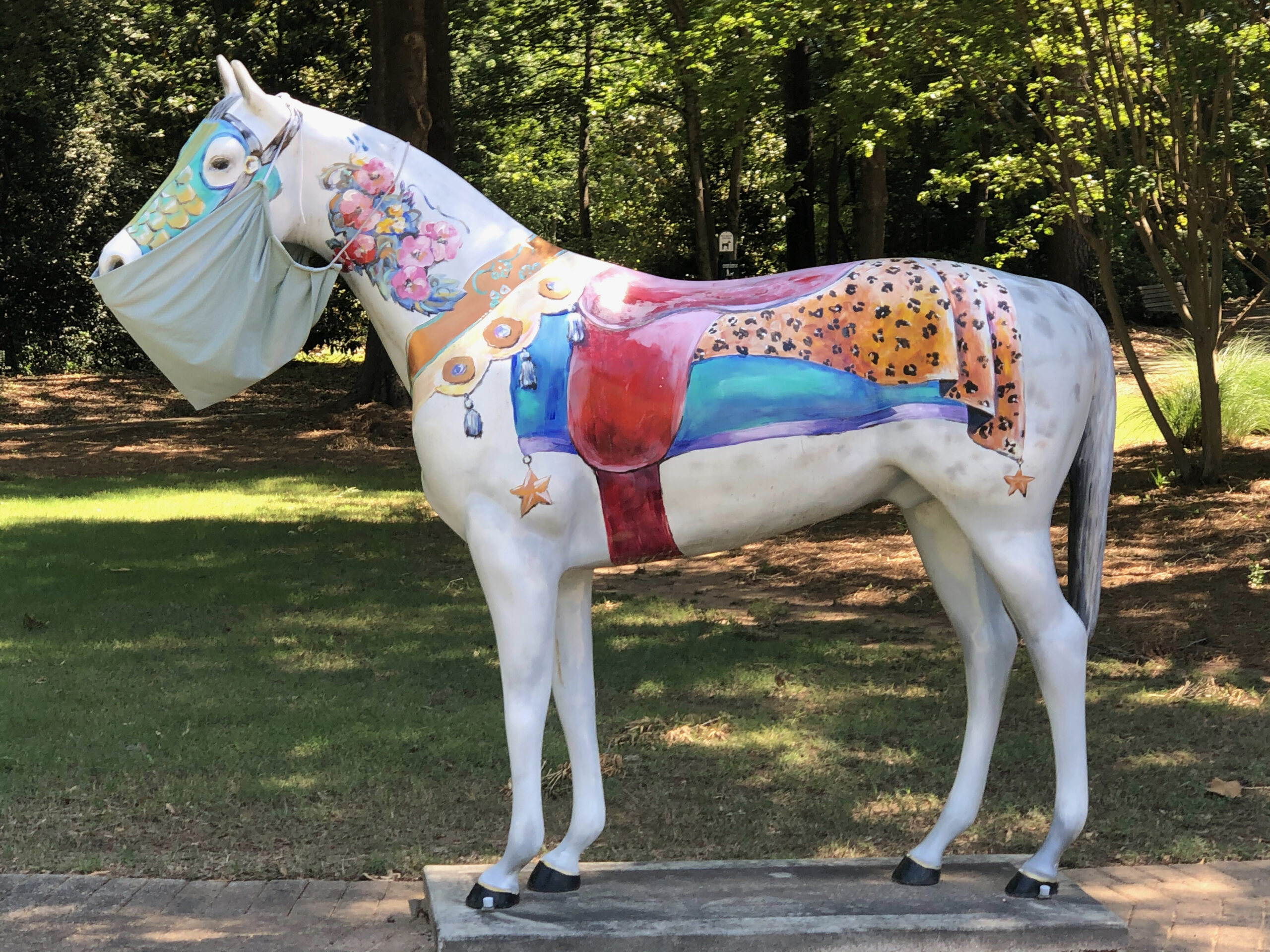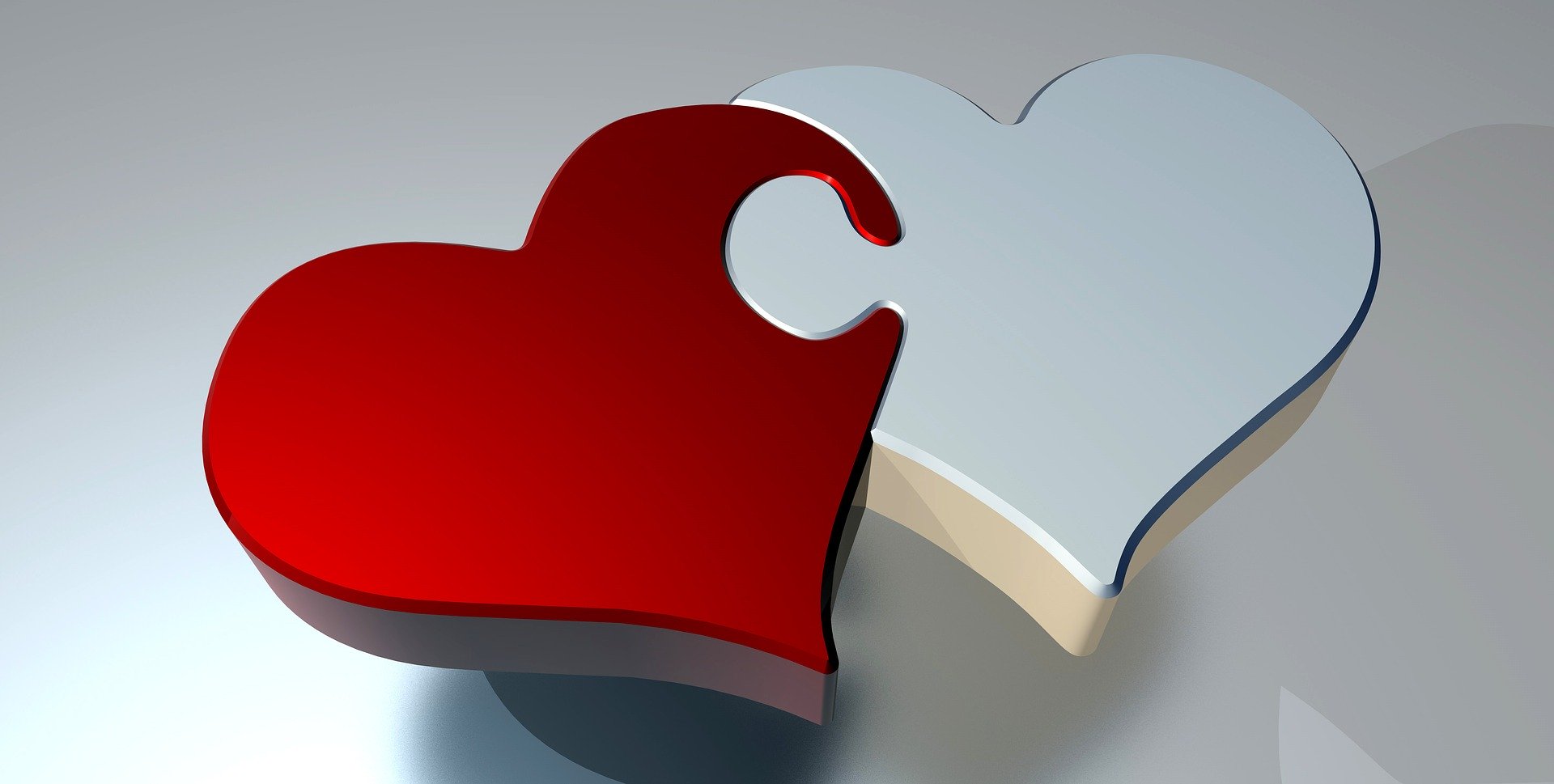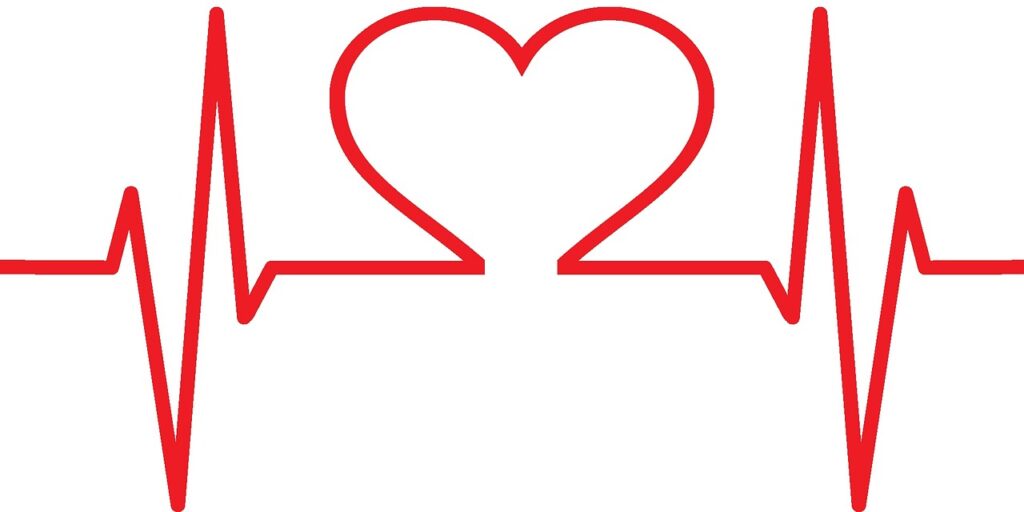Life, Liberty, and the Pursuit of Happiness
Happy Fourth! We’ll gather around grills, pools, and picnic tables over the next several days to celebrate freedom from tyranny and God’s blessings. Freedom is a wonderful thing, but it also comes with responsibilities and a price.
I’ve been thinking about freedom these days in light of the political upheaval over the Supreme Court’s decision to overturn Roe v. Wade, a decision that didn’t outlaw abortion but returned the decision as to its practice to each individual state. With freedom on my mind and with the upcoming 4th of July holiday, I read through the Declaration of Independence again. Have you done that lately?
Several phrases in the Declaration of Independence capture my attention, and a few words stand out in my mind. One of those words is “unalienable.” When’s the last time you used that word? I don’t think I’ve ever used it. The word means, “Impossible to take away or give up.” Look at the context of that word in the opening of this historical declaration:
“We hold these truths to be self-evident, that all men are created equal, that they are endowed by their Creator with certain unalienable Rights, that among these are Life, Liberty and the pursuit of Happiness.”
Our Founding Fathers built our country on the belief that everyone is equal, and God gave us certain rights that cannot be taken away. Among these rights are life, liberty, and the pursuit of happiness. Notice it doesn’t say the guarantee of happiness. We only have the right to pursue it. Frankly, true happiness is found only in Christ, but we’ll save that discussion for another post.
My question regarding this Declaration of Independence is to whom does it apply? Obviously, our Founding Fathers were speaking for Americans—past, present, and future. This means every man, woman, and child has the right to life and freedom, and no one can take that right away. The issue for unborn children has to do with whether that right applies to them.
One of my sons is an ICU PA. He’s the one who helps families deal with life and death issues and pronounces someone dead once life has ceased. That decision is typically based upon two issues: heartbeat and brain activity. Unborn children have both heartbeat and brain activity about the time their mothers discover they exist—at about six weeks after conception.
I’m all about freedom, as in a woman’s freedom to make decisions about her body, but that freedom applies to every living human being. We don’t have a right to take life, liberty, and the pursuit of happiness away from anyone, including the unborn.
There’s a lot more to the issue of abortion than the life of the child, and these issues must be considered. For example, we must demonstrate love, grace, and help to those who have had abortions and to those who are considering one. Adoption shouldn’t be so complicated and expensive, and churches and other organizations should be helping young adults learn how to parent well.
As we celebrate our independence as a nation and consider the unalienable rights our forefathers envisioned, think about the application of this vision to every area of your life, including in the lives of the unborn. What does this privilege of life, liberty, and the pursuit of happiness mean to you? What does it mean for others in your world?
(Image by Jill Wellington from Pixabay, Image by Jill Wellington from Pixabay)
Aligning with God
New Every Morning
You May Also Like

Is It Here to Stay?
August 12, 2020
Coronaweary
July 22, 2020

